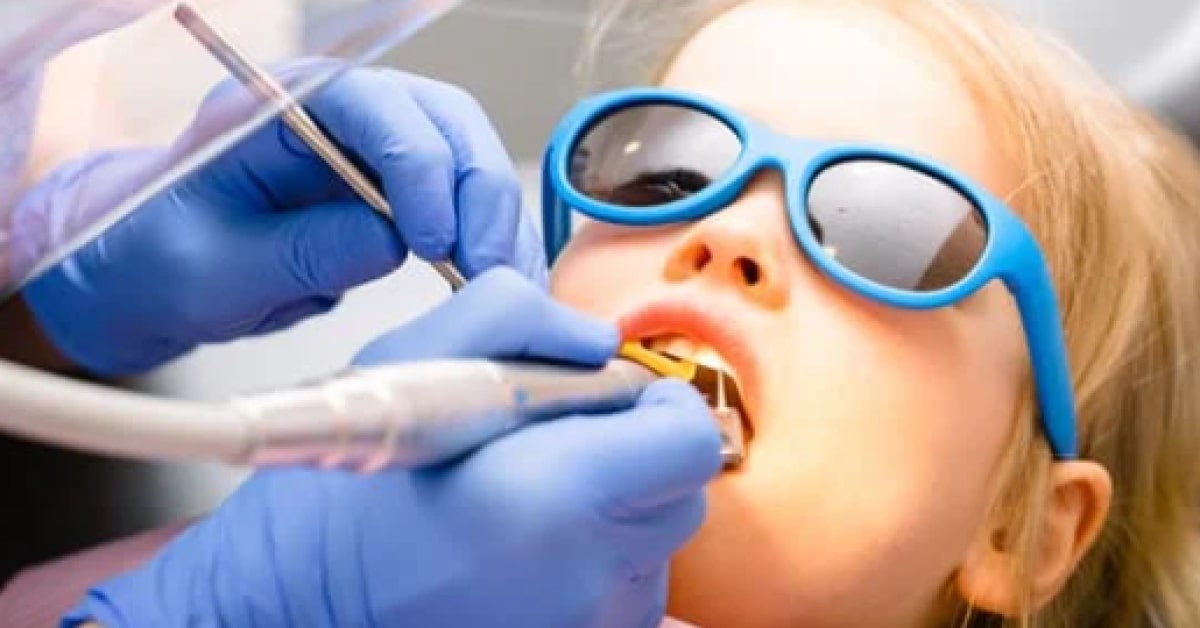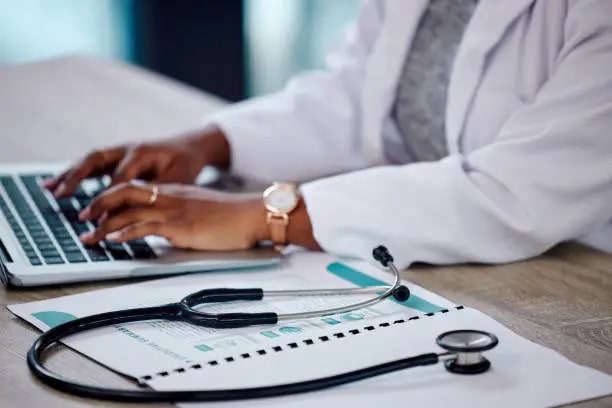Blog
May 15, 2023 • 10 mins readDentistry’s Role in Treating Sleep Disorders
Dental health is an important part of overall health and wellbeing. Learn why dental treatment is important to full body health and how it can help you maintain a healthy lifestyle.
Author
Danielle Duncan

In this Article
Sleep, it improves brain performance, boosts your mood, and helps with whole body help. Unfortunately, an estimated 50 to 70 million American Adults have chronic, ongoing sleep disorders. Up to 80% of those are left untreated and undiagnosed, with only 20% of sleep disorder sufferers getting the treatment that they need and deserve.
But, why is it so hard for these patients to get the help they need? Unfortunately, many people are simply unaware that they have a sleep disorder, and may brush off bad sleep as normal due to chaotic schedules, stress, or other health issues.
Some of the most common forms of sleep disorder are insomnia, Restless Leg Syndrome (RLS), Circadian rhythm disorders, Parasomnia, Hypersomnia, and Sleep Apnea. While many of these sleep disorders are diagnosed by their primary care doctor or specialists, dentists have started picking up the slack when it comes to helping diagnose patients who suffer from Sleep Apnea, primarily OSA (Obstructive Sleep Apnea)
How Dentists Can Diagnose Sleep Patients.
If a patient is struggling with snoring and restless sleep, they may not know who to turn to. However, dentists should be one of the first calls a patient makes since poor oral health may be to blame for potential obstructive sleep apnea (OSA) that causes sleep disturbances and snoring.
A patient may be surprised by their dentist asking about how they sleep, but they shouldn’t be. A dentist is usually one of the first lines of defense in diagnosing sleep disorders due to the link between oral health and sleep apnea.
One of the very first signs or symptoms of sleep apnea is tooth grinding (bruxism). During an appointment, the dentist will look for any excessive wearing on the teeth, inflamed or receding gums, and breakage. Another sure-fire signal that tooth grinding may be occuring while the patient sleeps is an excessive amount of cavities (caries) since tooth damage makes teeth susceptible to bacteria that causes cavities.
But, what does tooth grinding have to do with sleep apnea? While you sleep at night, if the jaw is tense and you are grinding your teeth, it signals the brain to wake up so you can breathe. This interrupts the body’s natural sleep wake cycle.
Of course, grinding is just one of several different signs of sleep apnea that a dental professional is on the lookout for during a dental exam. A tongue with scalloped edges, smaller than normal jaw, or redness in the throat may all be signs that the patient is suffering from sleep apnea.
During a dental exam, it is important that patients keep their dentists up to date on any sleep related concerns such as frequent waking or fatigue. While it is tempting to chalk it up to a stressful schedule, sleep disorders like sleep apnea have a profound effect on your blood pressure, diabetes, heart disease, and even obesity. It’s time to take sleep a little more seriously!
After the potential for sleep apnea is found, if the dental practice has implemented dental sleep medicine, an at home sleep test may be performed to confirm the diagnosis so that a treatment plan can be created.
Implementing Sleep Dentistry:
Implementing sleep dentistry doesn’t have to mean a huge expenditure for your dental practice. You don’t need to invest in an in-house sleep testing facility, all it takes is access to at-home sleep technology such as the Zmachine that allows you to test your patients for the potential OSA from the comfort of their own homes.
Easy to use software and hardware is the best way to implement sleep dentistry into your practice when you start seeing sleep patients. Are you ready to help your patients take their whole body health to the next level?
How Imagn Sleep Can Help:
Imagn Sleep Software and Zmachine go hand in hand to help you integrate dental sleep into your practice at a fraction of the cost of other more expensive options on the market. At home sleep tests can even be billed to medical insurance to help you boost your return on investment. If you are ready to get started with seeing sleep patients, schedule a call with one of our experts today!



